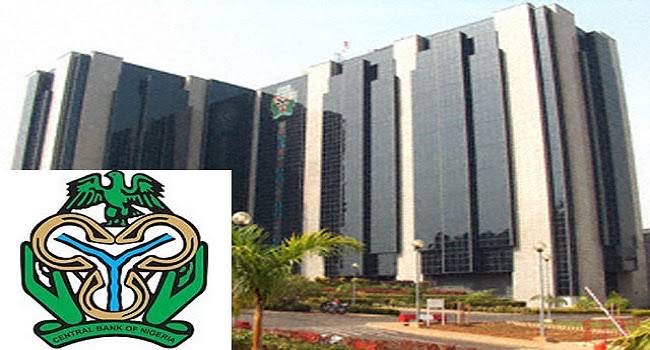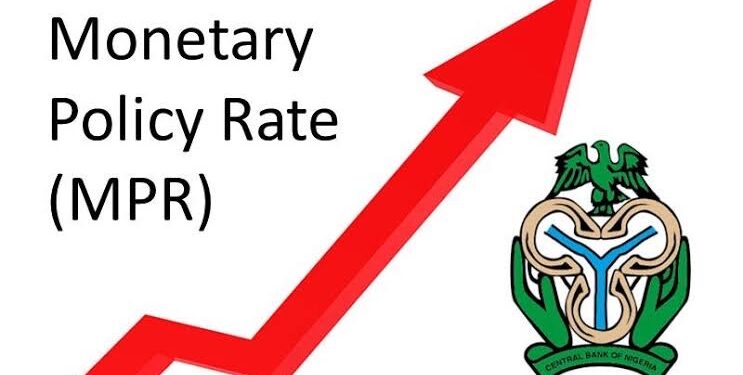Customers of several commercial banks are currently in confusion following the recent release of financial guidelines by the Central Bank of Nigeria (CBN). It states that all electronic transactions will continue to be subject to a reduced tax rate of 0.005%.
The bank, in its document, “Guidelines on Monetary, Credit, Foreign Trade and Foreign Exchange Policy for the 2024-2025 Financial Year”, reiterated its commitment to this levy as part of its 2024-2025 policy and will mandate other financial institutions to deduct the levy from all electronic transactions.
Journalists reviewed the document and found that the rate has been reduced from 0.5% previously announced in May 2024 to 0.005% in the new guidelines.

The central bank noted that the levy is mandated by the Cybercrimes (Prohibition, Prevention, etc.) Act, 2015, adding that revenues from the levy will be donated to the Cybersecurity Fund, which will support Nigeria’s defence against cyber threats, particularly in the banking sector.
Cybersecurity should be strengthened. “The CBN shall continue to enforce the payment of the mandatory levy of 0.005% on all electronic transactions by banks and other financial institutions, in accordance with the Cybercrime (Prohibition, Prevention, etc.) Act, 2015”, it declared.
The CBN guidelines also include provisions to ensure that banks, other financial institutions (OFIs), and payment service providers (PSPs) comply with minimum cybersecurity standards, including through the appointment of a Chief Information Security Officer (CISO). These requirements stem from the 2022 Risk-Based Cybersecurity Framework, which addresses the growing threat of cyber attacks.

Critics argued that the new levy could impose unnecessary costs on businesses and spur inflation. The Centre for Promotion of Public Enterprises (CPPE) and the Nigerian Association of Chambers of Commerce, Mines and Agriculture (NACCIMA) had called on the government to cap the levy to mitigate the economic impact.
Responding to the criticism, the Federal Government, through the Minister of Information and the Federal House of Representatives, called for the suspension of the levy pending further review. Similarly, while the CBN has suspended the imposition of the levy, the latest guidelines suggest that the CBN is committed to enforcing it despite opposition.
A business expert, on condition of anonymity, said the CBN could have issued such guidelines as part of broader measures to strengthen the cybersecurity of financial institutions, especially given the rise in cyberattacks against the financial sector.
However, he explained that it is unusual for the central bank to directly impose such a levy, as cybersecurity measures are generally governed by regulatory requirements and sector-specific compliance measures.
“I have looked at the guidelines too and I am a bit confused as to whether this has been reviewed thoroughly by the Federal Executive Council because the confusion could arise from how these guidelines were communicated or interpreted by different stakeholders like me.
Also, like I had said before, financial institutions, businesses, and perhaps even customers could be affected by this levy, depending on how it’s structured. Hence, further clarification from the CBN or the Federal Executive Council may be necessary to resolve the confusion surrounding the implementation of the levy”, he said.

































